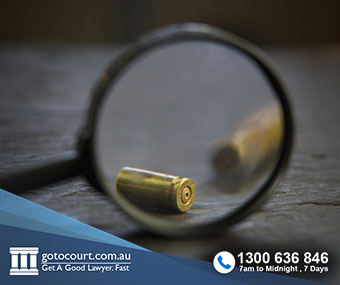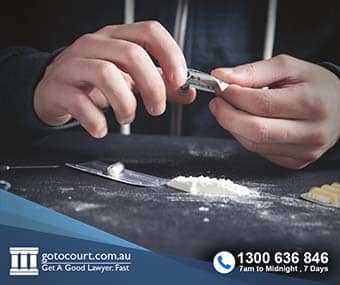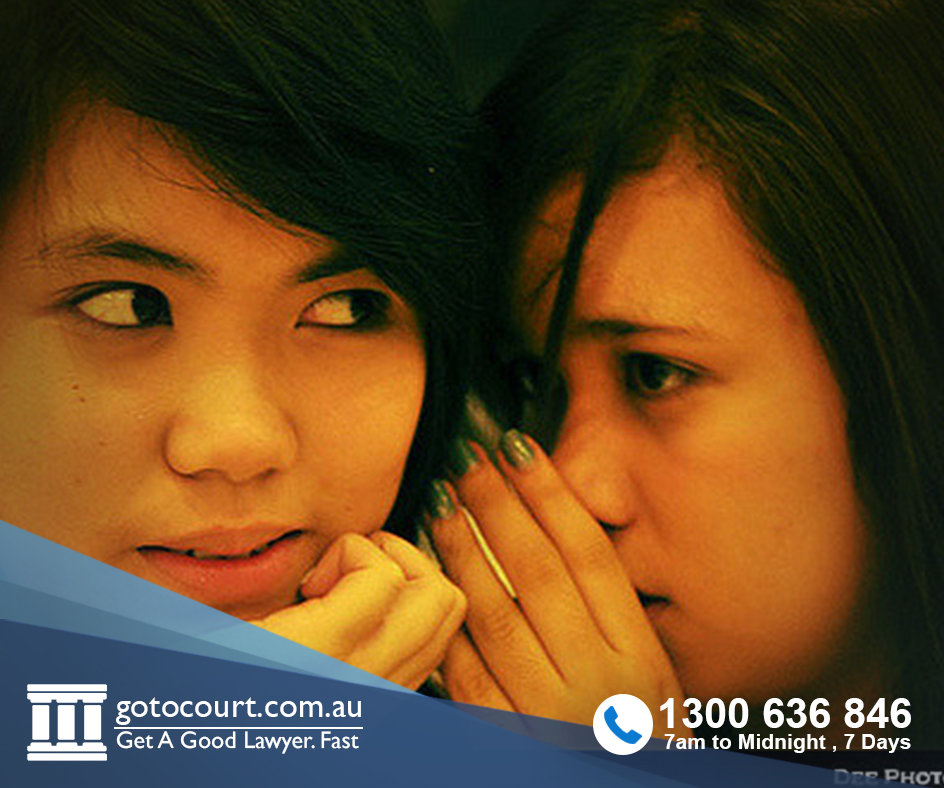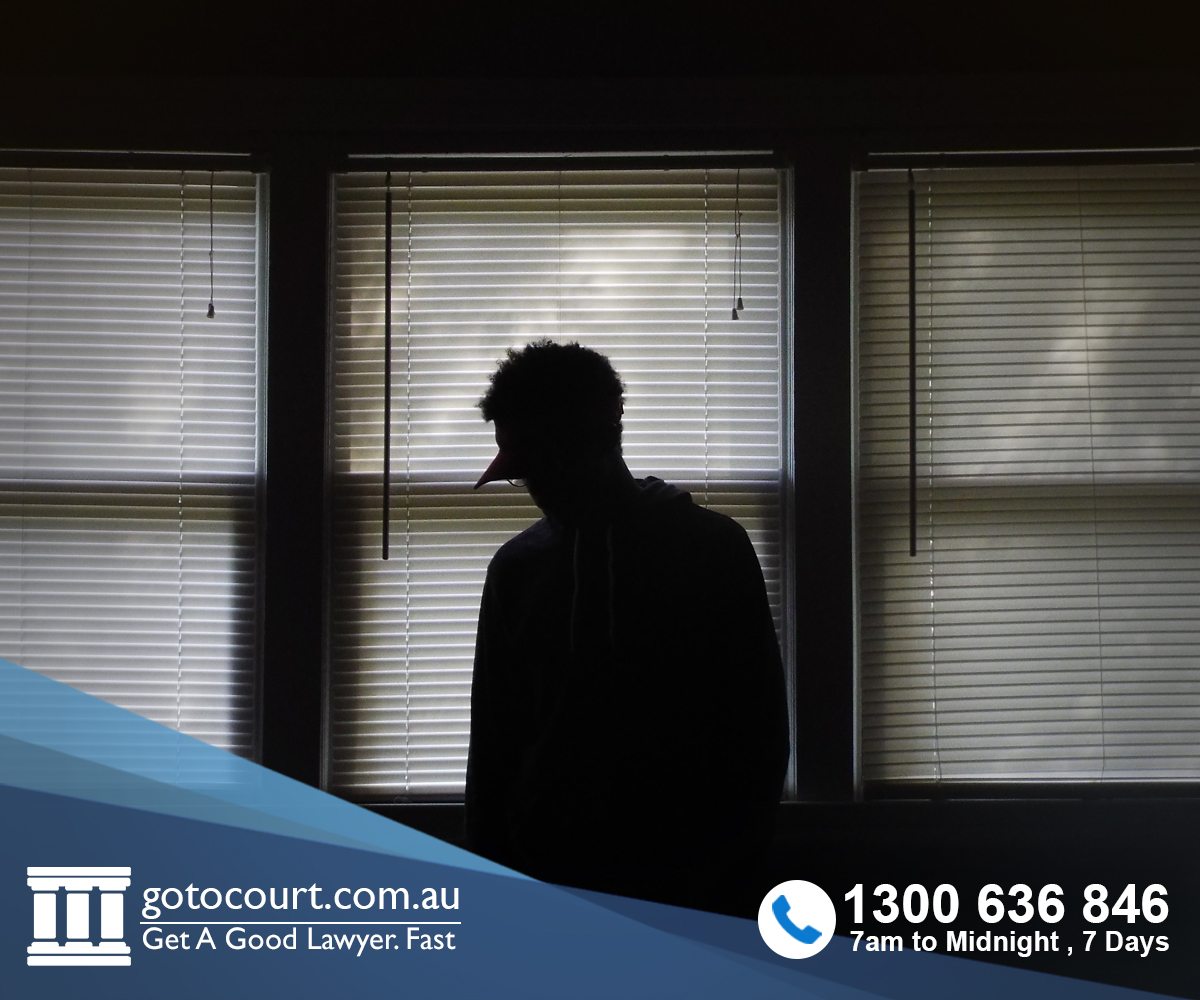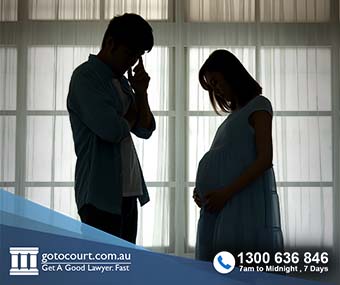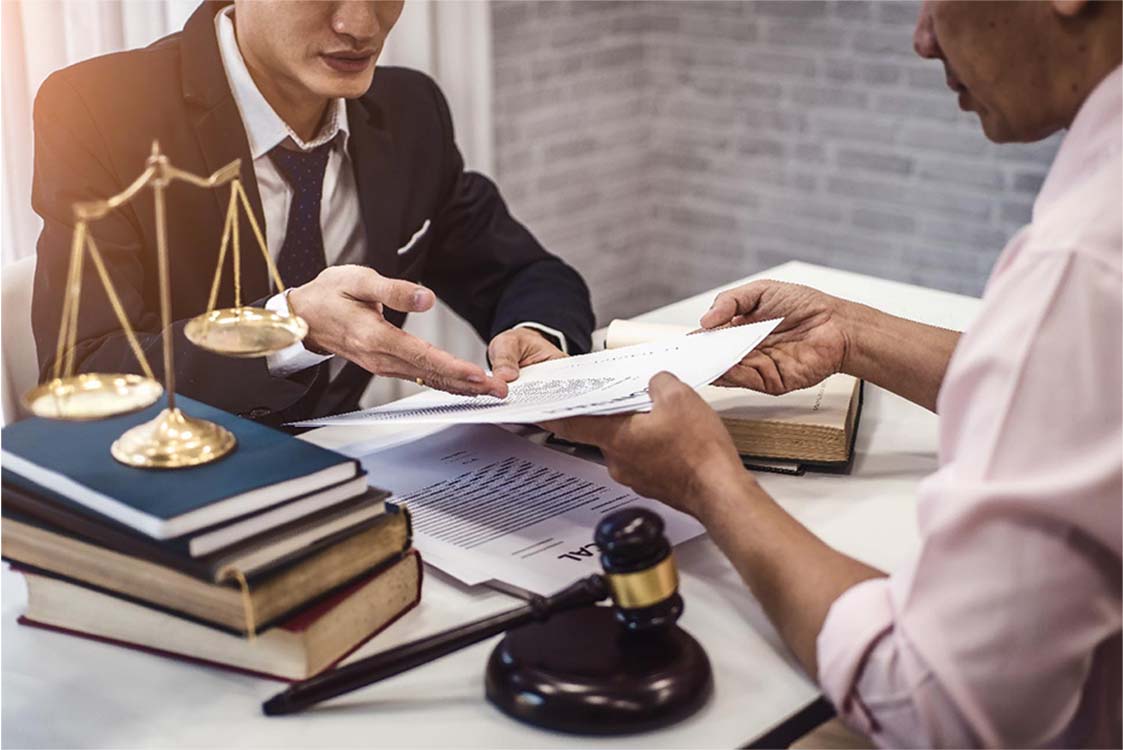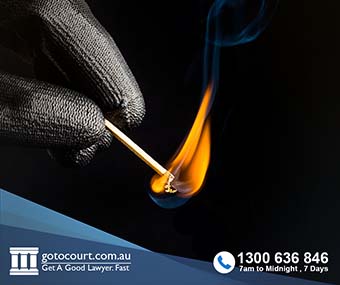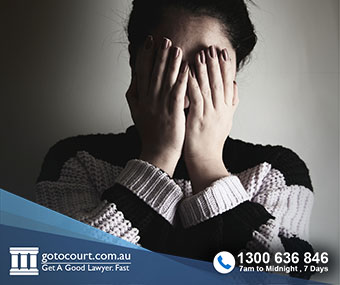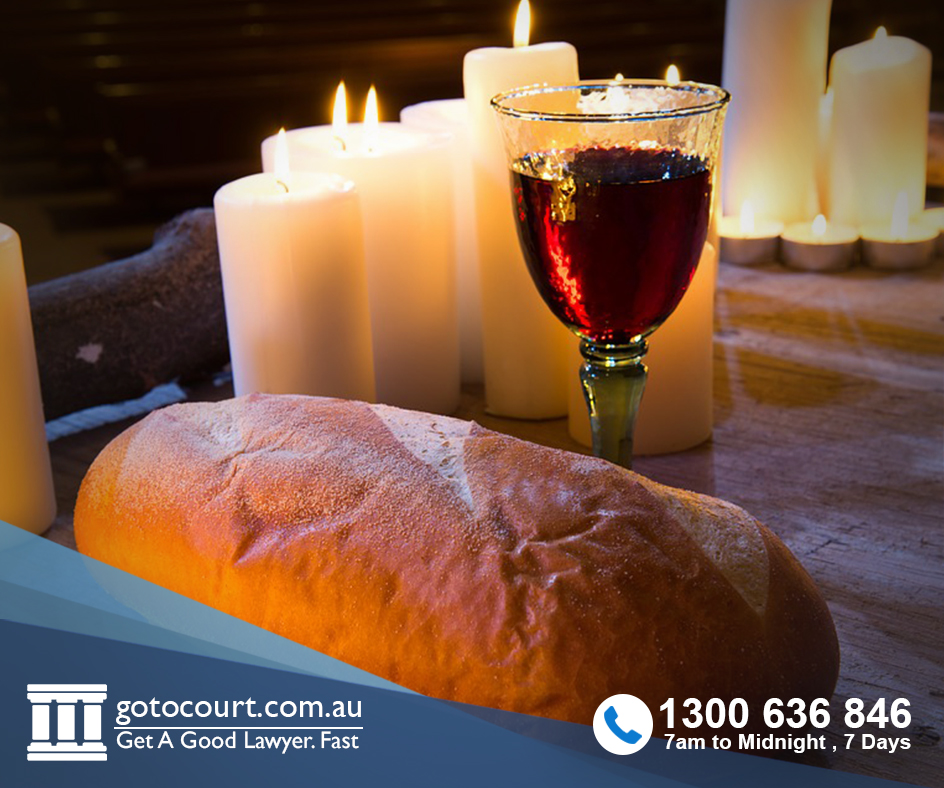Fitness for Trial (NSW)
Fitness for Trial (NSW)
A person can only be tried for a criminal offence if they are fit for trial. In New South Wales, the Mental Health and Cognitive Impairment Forensic Provisions Act 2020 governs how an accused person’s fitness for trial is assessed and how criminal matters are dealt with when fitness for trial is an issue.
Fitness for trial vs defence of mental impairment
The issue of whether an accused person is fit for trial is separate to the issue of whether they have a defence of mental impairment. In some cases, both issues may need to be decided.
A defence of mental impairment is based on a claim that the accused was not mentally capable of committing the offence due to a mental illness, intellectual handicap or other impairment at the time the offence was alleged to have occurred. The defence may succeed even where the accused is no longer mentally impaired at the time of the trial.
In contrast, the issue of fitness to plead relates to the mental capacity of the accused at the time of the trial.
What Is Fitness For Trial?
When a person is ‘fit for trial’ or ‘fit to plead’ this means they are capable of understanding and participating in the court process.
This includes:
- understanding court processes;
- Giving instructions to lawyers;
- giving evidence;
- understanding what they are charged with;
- being able to enter a plea; and
- determining whether they committed the offence.
The issue of a defendant’s fitness for trial can be raised by the defendant themselves, by the prosecution or by the court. Under section 37 of the Mental Health and Cognitive Impairment Forensic Provisions Act 2020, the issue can be raised on more than one occasion and may be raised at any time.
The main question that will need to be asked when a person with a mental or cognitive impairment is facing trial is whether they have the mental capacity to comprehend and fairly participate in the trial process.
The Test for Fitness For Trial
Section 36 of the Mental health and Cognitive Impairment Forensic Provisions Act 2020 contains the test for determining whether a person is fit for trial. Under that provision, a person is unfit for trial is they cannot:
- Understand the offence
- Plead to the charge
- Understand the general nature of the proceedings as an inquiry as to whether they committed the offence
- Make a defence or answer to the charge.
A person does not have to be able to understand every aspect and technicality of the court proceedings in order to be fit for trial. They have to be able to understand only the general nature of the trial and the issues to be decided.
Under section 38, the question of fitness for trial is to be determined on the balance of probabilities.
Finding Of Unfitness By Court
If a person is found to be unfit for trial, the court must then decide whether they may become fit for trial within a period of 12 months. If a person may become fit for trial in the future, they are referred to the Mental Health Review Tribunal, which will make orders for their care and treatment. This may or may not include detention for a period. The court matter will be adjourned to a later date when the person may be fit to be tried.
A person who is not likely to become fit for trial will be dealt with through the special hearings process. A special hearing is a modified criminal trial that is held to determine whether the person committed the physical elements of the offence and whether there was any legal defence that applied. If a person is found guilty at a special hearing, the court must give an estimate of the sentence it would have imposed for the offence if the person had been fit for trial. The court may then order the person be released unconditionally or refer them to the Tribunal to make orders for their detention, care and treatment. If the person is not a danger to themselves or to the public, they will be released (with or without conditions). If they are assessed as a danger to themselves or to the public, they will be detained until this is no longer the case. The patient will be reviewed by the Tribunal every six months.

Affordable Lawyers
Our Go To Court Lawyers will assist you in all areas of law. We specialise in providing legal advice urgently – at the time when you need it most. If you need a lawyer right now, today, we can help you – no matter where you are in Australia.How It Works




1. You speak directly to a lawyer
When you call the Go To Court Legal Hotline, you will be connected directly to a lawyer, every time.

2. Get your legal situation assessed
We determine the best way forward in your legal matter, free of charge. If you want to go ahead and book a face-to-face appointment, we will connect you with a specialist in your local area.

3. We arrange everything as needed
If you want to go ahead and book a fact-to-face appointment, we will connect you with a specialist in your local area no matter where you are and even at very short notice.


